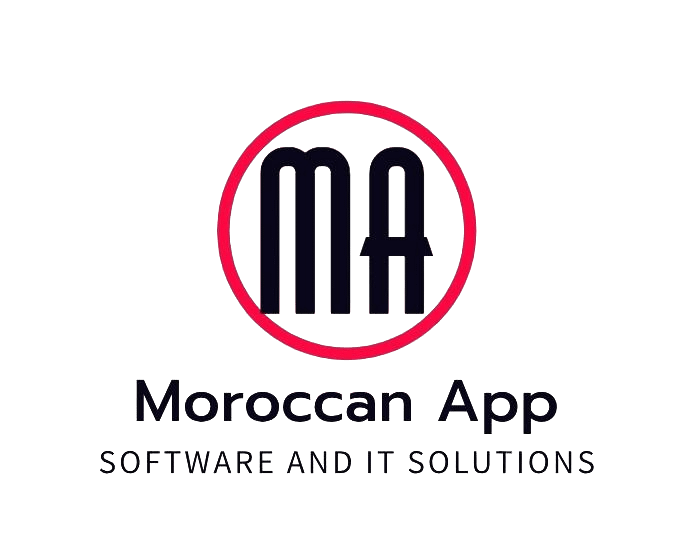Classified among the strategic establishments of the State and endowed with legal personality and financial autonomy, the Archives of Morocco (ADM) were created in 2007 by law 69-99 relating to archives. The institution is placed under the supervision of the Ministry of Culture, and its director is appointed directly by the King. ADM is responsible, in view of the law, for “safeguarding the national archival heritage and ensuring the constitution, conservation, organization and communication of public archives. »
These archives refer to all administrative documents, whatever their date, form and material support. It could theoretically be a written paper, a photo, or even a video. But more precisely, there are 3 types of public archives:
- Current archives: these are administrative documents commonly used for a specific period. Their conservation is carried out by the organizations which produced or received them.
- Intermediate archives: documents that are no longer considered current archives. Their conservation and management are ensured by the organizations that produced them.
- Definitive archives: At the end of the conservation period for the intermediate archives, they are sorted to determine the documents of scientific, statistical or historical interest . These documents are classified as definitive archives.
These are the definitive archives which are preserved by Archives du Maroc. The State, local authorities and public companies and establishments must transmit their final archives to ADM. The latter is required to collect them, inventory them, classify them and make them available to the public .
Open access archives
Today, administrations have a legal obligation to make the information they have available freely. This information is largely archived. Moreover, the implementation of Law 31-13 relating to the right of access to information depends largely on the accessibility of archives.
Citizens can today go to the headquarters of the Archives of Morocco and consult the public archives free of charge . They can even produce reproductions or extracts at their own expense. However, the archives that can be consulted must be at least 30 years old , except for documents which, by their nature, are intended to be addressed to the public.
However, certain archives only become accessible after the expiration of a period of 60 years, or even 100 years in certain cases. These are archives relating to national defense issues, state security or information on individuals.
Temporary and non-compliant premises
Aside from legal restrictions, there are practical obstacles that limit access to archives. In 2017, the Court of Auditors noted a delay in the collection and creation of definitive public archives. This mission, added the court, constitutes “the main reason for being” of the Archives of Morocco.
The court reported that the volume of archives available in ADM premises does not exceed 2,600 linear meters (ml), while the size of the national archives is estimated at hundreds of thousands. From 2017 to today, the volume of definitive archives kept by Archives du Maroc does not seem to change.
This delay is mainly due to ADM’s inability to receive all these archives. Indeed, the current premises (a wing of the old BNRM building) are temporary and do not meet the standards of a national archiving center. For example, the premises do not have any repository to keep the final archives.
In 2015, the government allocated 4.5 hectares of land in Technopolis to the institution to build premises meeting all archiving standards. But until now, no construction program has been validated.
Poor management of archives by administrations
The unsuitability of ADM premises is not the only obstacle to the development of public archives. Remember that the sorting and transfer of final archives must be carried out by the administrations which originated them. However, a 2018 ADM study revealed that 33% of Moroccan administrations do not have any administrative structure dedicated to archives .
In these administrations, the archives are either managed by a non-specialized administrative structure or are not managed by any structure (the case of the Ministries of Agriculture or Health, for example). Added to this is the fact that 14% of administrations do not even have a repository to keep their archives.
The ADM study also showed the low rate of digitization of public archives. Only 38% of Moroccan administrations have developed programs to digitize their archives.
However, a 2015 decree requires each administration to create an Archives Committee. This committee must keep current and intermediate archives and sort the final archives. In 2018, a circular from the Head of Government called on administrations to accelerate the process of creating these committees. For its part, ADM provided administrations with a reference guide for the management of public archives.






